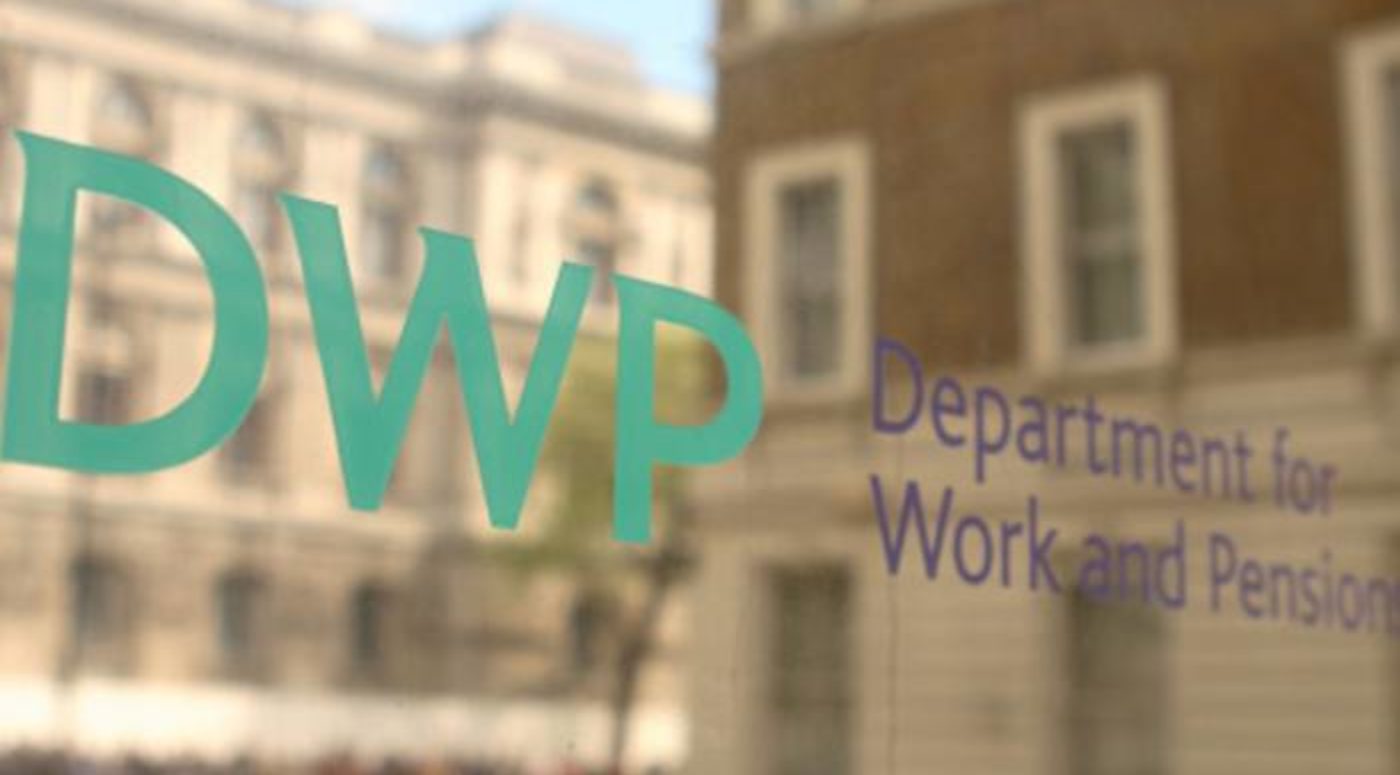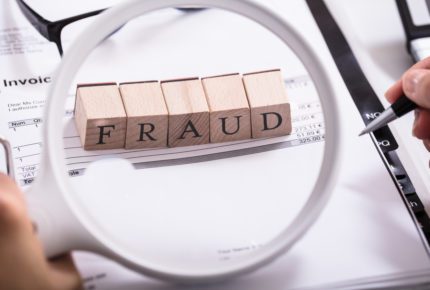

Being reported to the Department for Work and Pensions (DWP) is undoubtedly a stressful experience and matters only seem to get worse when you do not know who reported you in the first place. If you have been wondering whether you can find out who reported you to the DWP, you have come to the right place. This, along with a number of other common questions about the DWP reporting process, are answered below by our expert criminal defence solicitors, with information provided at the end for those who need some extra help.
How can I find out who reported me to DWP?
Unfortunately, there is no simple way of determining who has reported you to the DWP. The DWP does not release this information so as to ensure – as far as possible – the anonymity and safety of those who have come forward to report a potential fraudster. If names were freely available, very few people would come forward with reports for fear of retaliation.
In the vast majority of cases, the only way to find out who reported you to the DWP is to be told – either by the person who reported you, or by someone else. If the alleged fraud is serious enough to be sent to court, the person who reported you may end up serving as a witness, although there may be no obligation for them to do so.
How do I know if I am being investigated by DWP?
Most people find out they are being investigated by the DWP when they receive a notice letter through the post. On rare occasions, the DWP may seek to inform you of an impending investigation by phone or email if they are not sure of an exact address for you.
In the letter, you will be told that an investigation has been or is due to commence. The letter will also contain detailed instructions if you are required to do anything, along with applicable deadlines. You might, for example, be asked to attend an interview under caution or you may be told that a Fraud Investigation Officer (FIO) will come to visit you. It is very important that you follow the instructions carefully as any failure to comply with the DWP requirements will cast you in a bad light, and may affect the severity of any punishments ultimately given to you if you are found guilty of fraud.
How long does a DWP investigation take?
Frustratingly, there are no set time limits in which a DWP investigation must be completed. Some take a matter of weeks whereas others can take months or even years if the case is particularly complex.
That said, in general, there are four or five stages to an investigation. Using these stages as a guide, you can judge how long might be left until you get a decision:
- Notification of the investigation. As mentioned, this is the first stage where you receive a letter or other notification that an investigation is going to be carried out. There is no telling how long it takes for this letter to arrive after a report is made against you, but we do know that investigators will do a cursory or ‘surface level’ investigation into you before sending the letter to make sure it is actually a case worth pursuing.
- Reduction or cessation of benefits. If you have been accused of benefit fraud and are now being investigated by the DWP, there is a chance that your benefits will either be reduced or stopped altogether. This is, of course, a very difficult experience for many people, especially where they have not actually done anything wrong. Nonetheless, at this stage the DWP will consider there to be a good enough case against you to investigate, thus they will want to stop any further potential financial losses on their past as soon as possible. That being said, certain benefits are ‘non-sanctionable’, which means the DWP cannot reduce or stop them. These include:
- Attendance Allowance
- Bereavement Payment
- Bereavement Support Payment
- Child Benefit
- Child Tax Credit
- Christmas Bonus
- Disability Living Allowance
- Graduated Retirement Benefit
- Guardian’s Allowance
- Industrial Injuries Constant Attendance Allowance (where a Disablement Pension is payable)
- Industrial Injuries Exceptionally Severe Disablement Allowance (where a Disablement Pension is payable)
- Personal Independence Payment
- State Pension
- Social Fund Payments
- War Pension Constant Attendance Allowance
- War Pension Exceptionally Severe Disablement Allowance
- War Pension Mobility Supplement
- FIO visit or interview under caution. This third stage is often the one that worries people the most. Being questioned about matters as personal as finance, health, and family can put anyone on edge, but it is just as important to co-operate at this stage of the process as all others. Whether you are called to an interview or visited by a FIO, know that the investigator’s goal will be to talk about your situation and hear you justify your claims/actions. It may feel like it at the time, but their goal is never to trip you up or trick you into saying things that would make you seem guilty. They are just trying to get at the truth of the matter.
- Further investigations. If the DWP cannot make a decision about your case from the evidence available after the interview/visit, they may continue to investigate your case. This, again, could take months. During this time, you likely will not hear anything else until a decision has been made.
- Notification of decision. When the DWP has completed its investigation, it will write to you to inform you that it is either satisfied of the validity of your claims/actions and thus no further action will be taken, or it will inform you that action is going to be taken against you because of evidence of benefit fraud. Sometimes, this will be a civil penalty (i.e. a fine), but other more serious cases may involve a criminal prosecution and you will be required to go to court. If you are found not to have been involved in any fraud, your benefits will be reinstated and any appropriate back payments will be made.
As annoying as it is not knowing what is happening in your case, you have to remember that benefit fraud investigation processes can take a long time. Throughout, it is important that you stay as calm and co-operative as possible to minimise the impact of the investigation on other areas of your life.
One thing is for certain, however. The more you co-operate with the investigators, for example by providing documentation on time and attending interviews when you are required to, the quicker the investigation will be over.
What do DWP investigations involve?
DWP investigators have a wide range of strategies and tactics for uncovering fraud, which makes it difficult to pinpoint exactly what a DWP investigation involves. Exact approaches will vary depending on the case at hand, but could include: surveillance, document collection and review, interviews, financial inspections, and other investigative techniques.
Can DWP access my bank account?
In short, yes. The DWP may access your bank account while they are investigating you. In some cases, they require the permission of the court to do so, but in others they are able to use the same powers as the police and HM Revenue & Customs (HMRC) to investigate an individual. The DWP cannot force payments from your account, but they can view what comes in and goes out of it in order to piece together a picture of your lifestyle.
Can DWP access my social media accounts?
Again, in short, yes. If you have information publicly posted to the Internet, such as on an open Facebook or Instagram page, the DWP may be able to access it and use it in a case against you. Pictures on someone’s account may, for example, prove that they do not have the disability they are claiming. Or, they might show someone living a lavish lifestyle that is not consistent with the income declared for the purposes of assessing their benefits. Accordingly, the DWP may take copies of social media posts, photos, videos, location check-ins, and other content to use in the investigation.
Is there a reward for reporting benefit cheats?
In general, there is no financial reward offered by the government or any other body for reporting benefits cheats. While some councils have – on occasion – used cash rewards as a means of attracting fraud reports, most councils nowadays sensibly recognise that doing so will only increase the number of false and malicious reports made against individuals, which aside from being distressing for the victims of the false report, also cost the government considerable time and money.
How can I get help with DWP reports and investigations?
If someone is threatening to report you to the DWP, or if you suspect you may have already been reported, the best thing to do is contact an experienced criminal defence solicitor and book an initial consultation. The solicitor will help you understand what it means – legally and practically speaking – to be under investigation by the DWP and will help you put measures in place to limit the impact on you and your family. To arrange a consultation with one of the highly-experienced experts at Stuart Miller Solicitors, please get in touch.
OUR COMMITMENTS TO YOU:
-
Responsive
A legal expert will consult you within 24 hours of making an enquiry.
-
Empathetic
We will always treat you with trust, understanding and respect.
-
Specialised
Your case will be handled by an expert who specialises in your type of offence.
-
Proactive
We will take early action to end proceedings as soon as it is practically and legally possible to do so.
-
Engaged
You will be kept updated on your case at all times. We will provide a named contact available to answer your questions.
-
Caring
We understand this is a difficult and stressful time for you and your family. Our team will support you every step of the way.
-
Tenacious
We will never give up on your case. We fight tirelessly to get you the best possible outcome.

